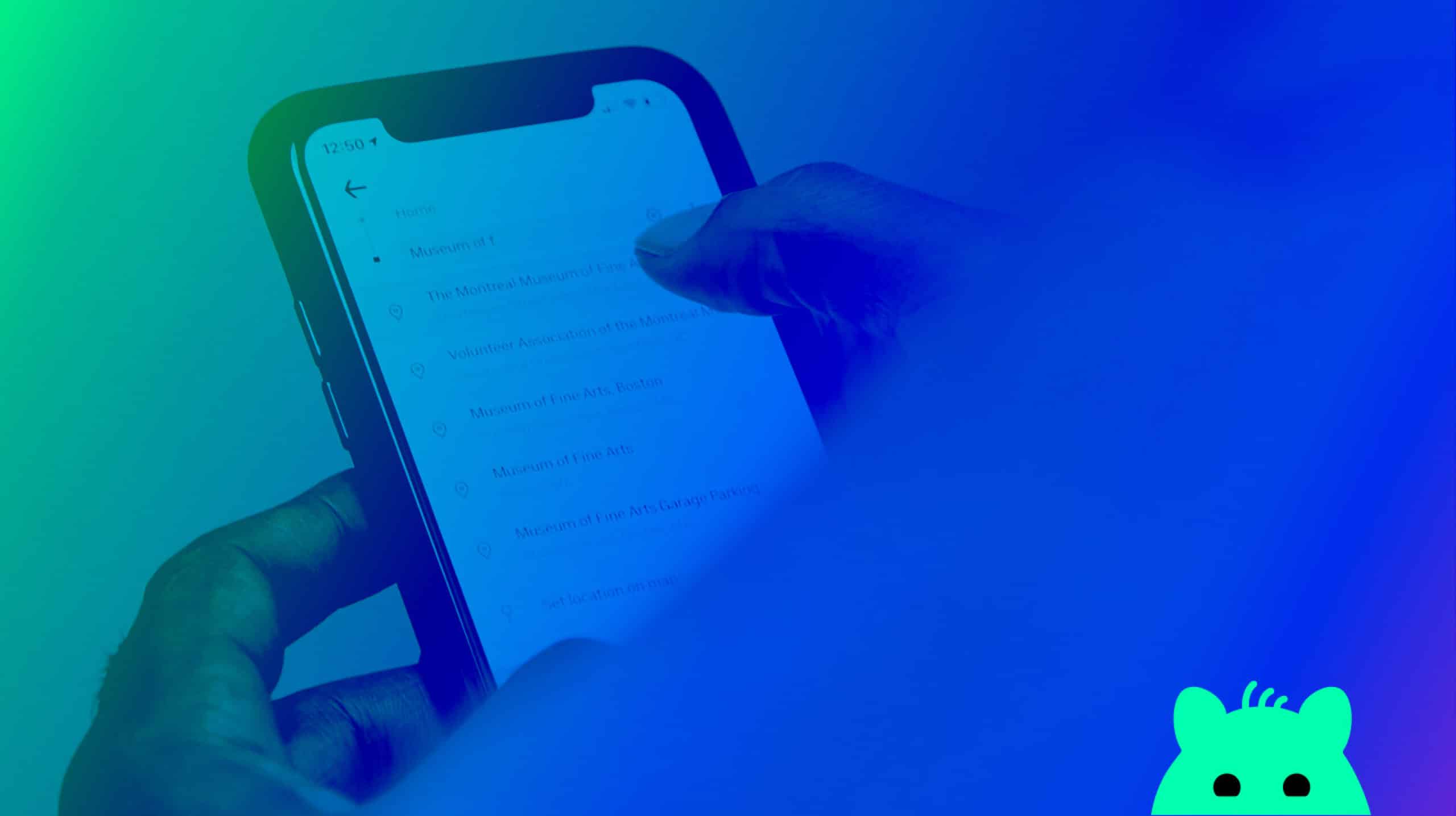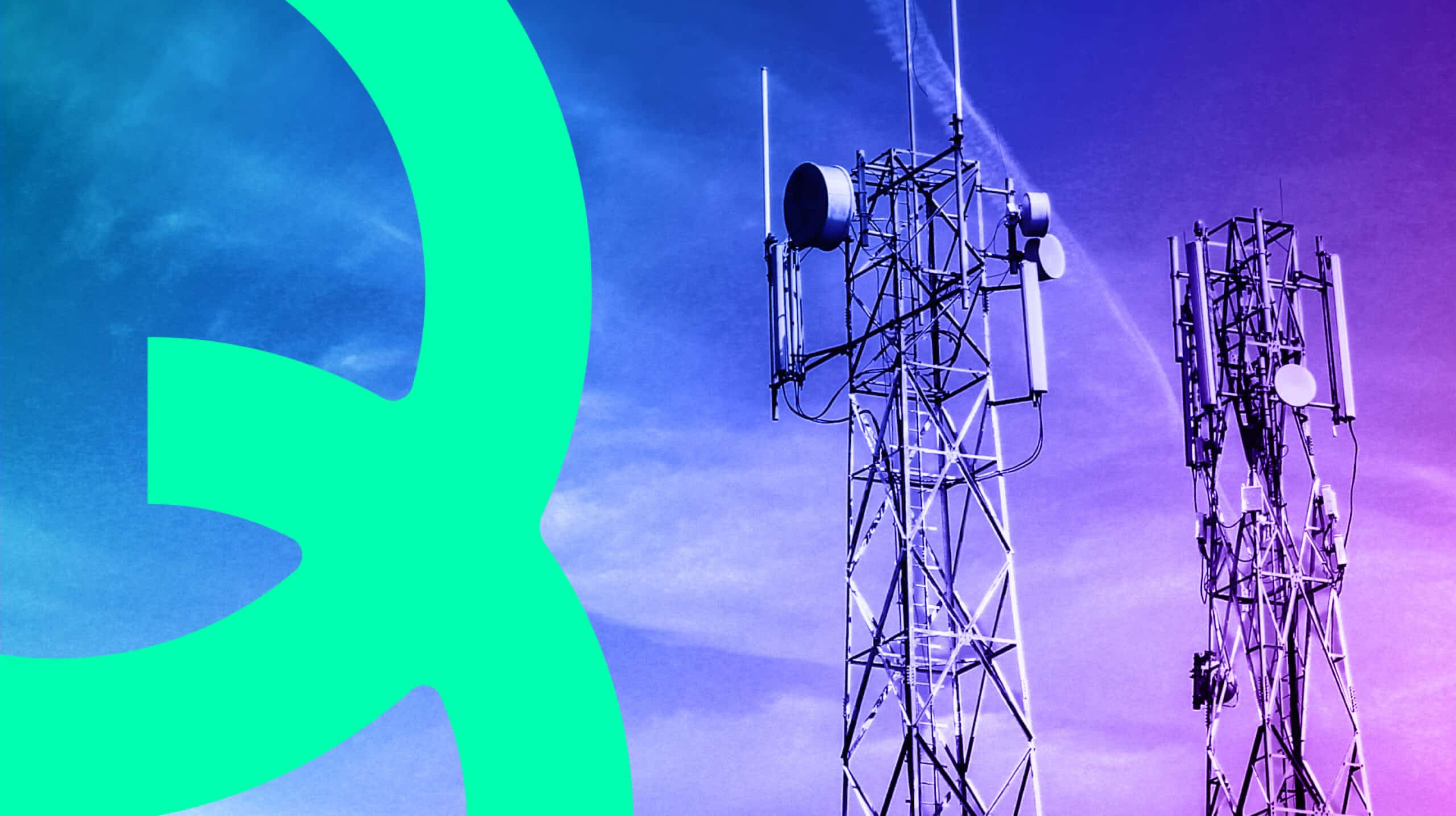
From hard-coded passwords to data leaks: The risks of sloppy mobile app code
Sloppy app development is code that doesn’t follow security protocols and creates vulnerabilities that attackers can exploit. These sloppy apps are an open door for exploitation, potentially compromising sensitive data and exposing users to a wide range of security risks.







